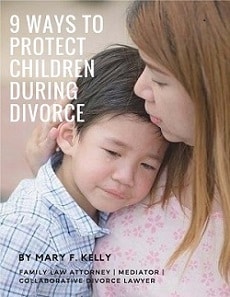Mary F. Kelly is mentioned in Jane Sherron DeHart’s Ruth Bader Ginsburg: A Life, published in 2018. The landmark case that established that discrimination on the basis of sex, not just race, was unconstitutional was Reed v. Reed. As a volunteer for the ACLU in 1971, Ginsburg asked Mary F. Kelly and her fellow NYU law student Janice Goodman to draft the brief arguing that sex should be subject to “strict scrutiny” under the Equal Protection Clause of the Fourteenth Amendment. Until then, laws that discriminated on the basis of sex had been upheld as having a “rational basis.” Examining a law under the “strict scrutiny” test meant it was much more likely to be found unconstitutional.
At the time, Mary F. Kelly, Janice Goodman and others had formed NYU’s Women’s Rights Committee. Kelly and Goodman had been making trips to Rutgers, where Ginsburg was a professor, and helped convince Ginsburg to teach a class on sex discrimination and the law. They gave Ginsburg a draft full of comparisons between race and sex discrimination in American society. Ginsburg added the legal rationale, turning it “into compelling constitutional argument.” (Ruth Bader Ginsburg: A Life, p. 150) On November 22, 1971, the Supreme Court issued its decision in favor of Sally Reed. It decided that drawing a line between two groups of people “must be reasonable, not arbitrary,” which made sex discrimination in Reed v. Reed unconstitutional.




